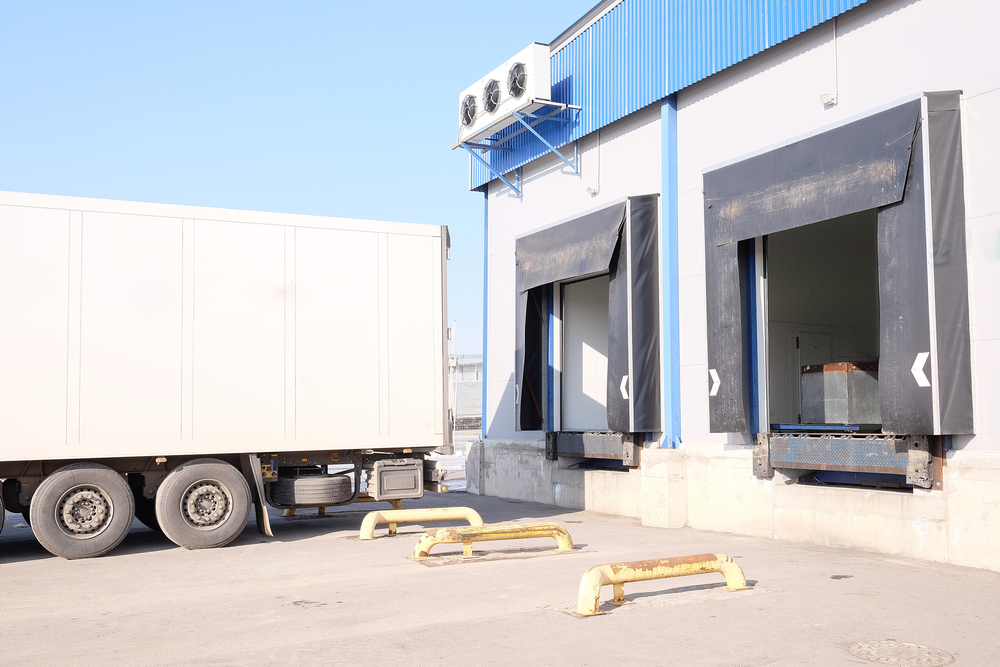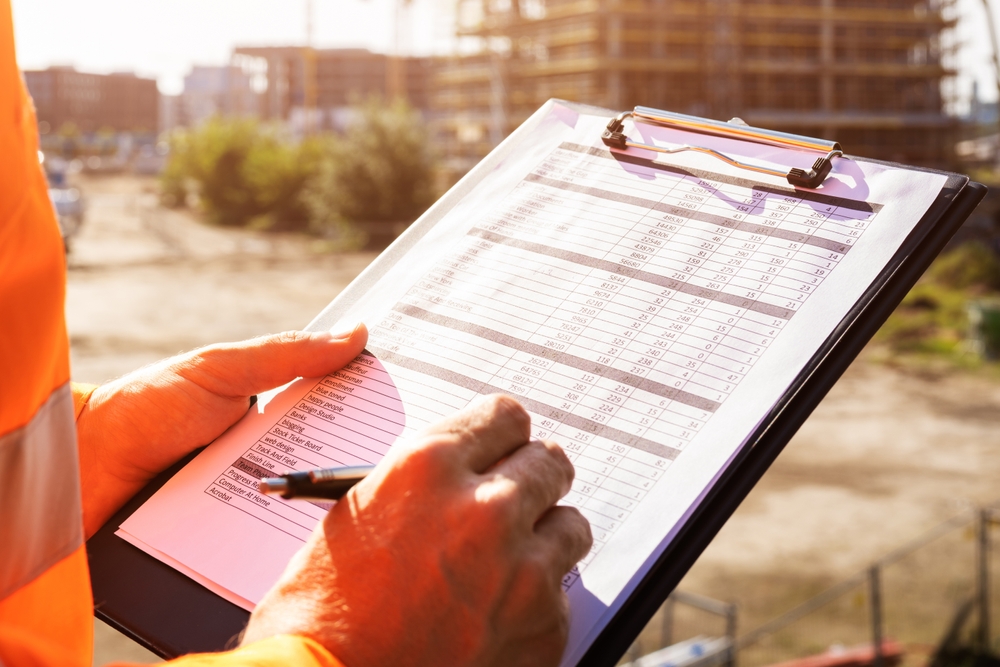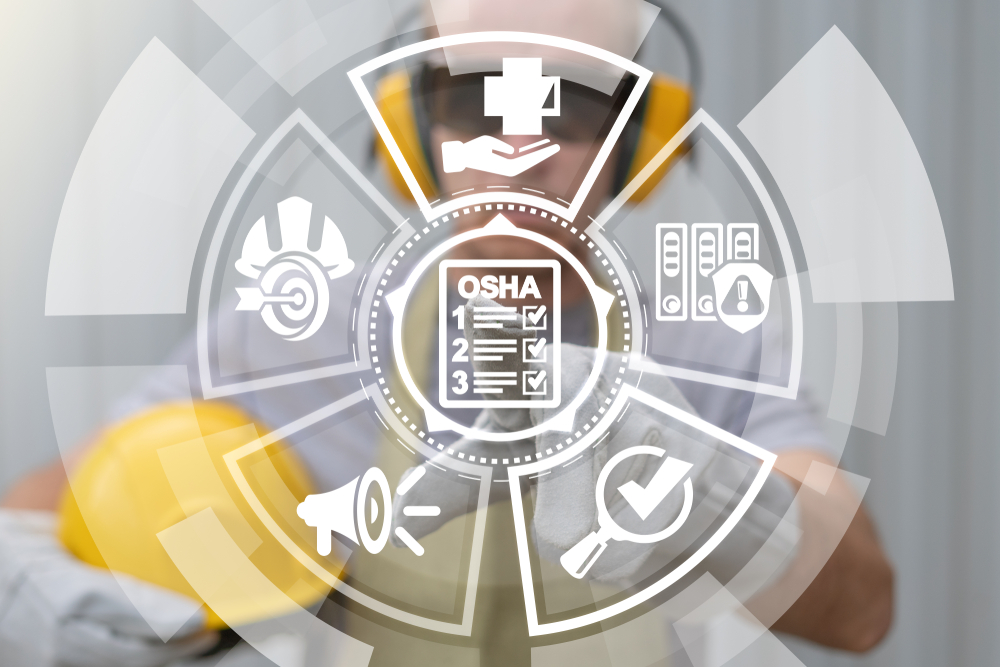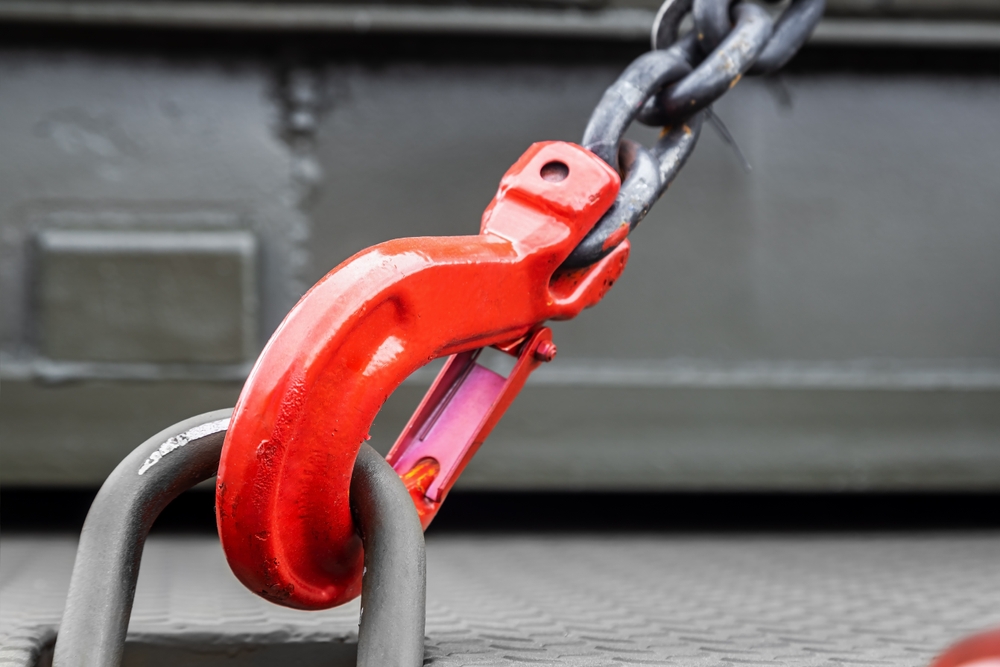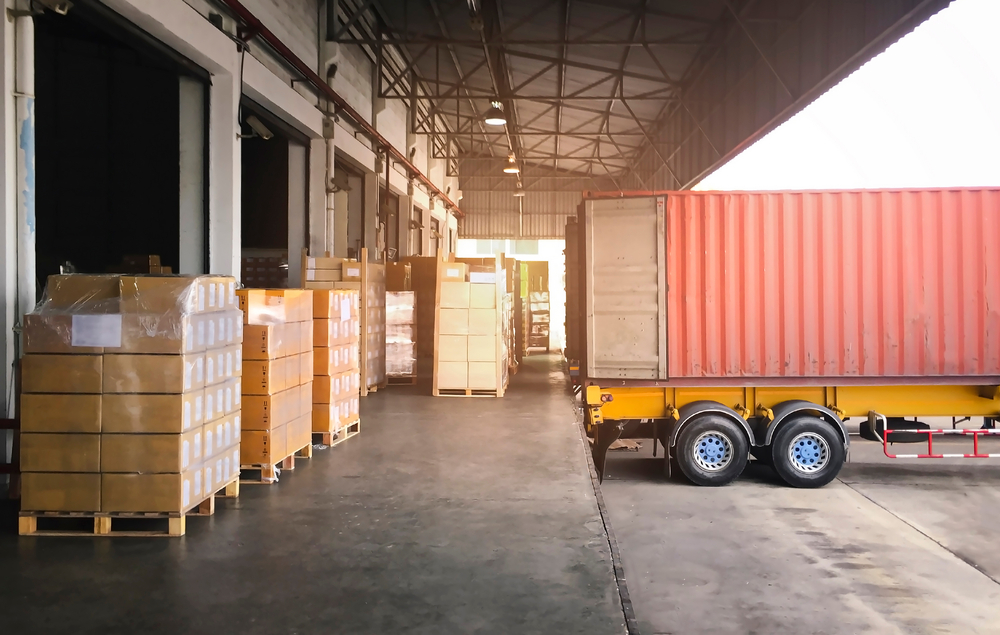3 BIGGEST PRODUCTIVITY HALTING PROBLEMS AND HOW TO TROUBLESHOOT THEM
Working at the loading dock is a repetitive process. A truck arrives, the trailer docks, the facility team unloads and/or loads the trailer, and then the truck departs. Traffic throughout the day will vary by industry, but all facilities will see several trucks come and go throughout the day. While it may seem as if the level of productivity at the loading dock is consistent, some issues are easy to miss that may be slowing the process down. Below are three of the biggest productivity problems at the loading dock and what can be done to fix them.
Thank you for reading this post, don't forget to subscribe!1. Troubleshooting Dock Connections – Loading Dock Levelers and Vehicle Restraints
Properly functioning loading dock levelers and vehicle restraints help ensure that a truck’s trailer connects to the loading dock smoothly and safely. However, there are a lot of components to loading dock equipment that dock managers need to keep an eye on and monitor throughout its use. Taking advantage of a Planned Maintenance Program (PMP) helps ensure all pieces of equipment are functioning as they should. Ignoring warning signs and not treating wear and tear leads to decreased productivity and poses safety risks to employees. Implementing a preventative maintenance program will allow for:
- A thorough inspection of all equipment at the loading dock
- Regular cleaning of loading dock equipment
- Lubrication of components as needed
- Adjusting parts that have shifted from regular use
- Sealing gaps that could have been created from rigorous movement at the loading dock
- Testing equipment to ensure full functionality
- Record keeping of past visits and future recommendations
- Staying on top of routine maintenance can contribute to a higher level of efficiency and safety over time.
2. Smooth Processes – Loading Dock Doors
Similar to loading dock levelers and vehicle restraints, loading dock doors play a large role in productivity at the loading dock and are the gatekeeper to the outside world. Making sure loading dock doors function properly throughout the day is vital. A PMP ensures all moving parts perform as they should, keeping workers at the highest level of throughput day after day. Not attending to routine maintenance will cause the door components to slowly begin to underperform or fail. The result impacts workers’ abilities to do the job quickly and efficiently. Common issues that can halt productivity and be prevented with the right preventative maintenance program include:
- Misaligned loading dock door tracks
- Stretched, worn out, or loose cables
- Malfunctioning springs
- Unresponsive sensors
By implementing a PMP, productivity at the loading dock will increase due to the continuous, expert attention that is given to each piece of equipment to ensure workers have a smooth, fully-functioning loading dock each time they arrive at the facility.
3. Fight the Elements – Loading Dock Seals and Shelters
What happens outside the loading dock is just as important to monitor as what occurs inside the facility. Exposure to the ever-changing elements has the power to disrupt operations. Wear and tear on key loading dock equipment happens at a much quicker rate if outside elements are not evaluated and considered.
Loading dock seals in Lehigh Valley, PA, and shelters are designed to help the dock from the dynamic elements outside the facility. Common environmental occurrences that can negatively impact the loading dock include:
- Excessive rainwater
- High winds
- Heavy snowfall
- Uninvited pests
- Uncontrolled sources of air
Similarly, it’s important to routinely inspect the condition of seals and shelters to ensure they’re performing the way they should. As soon as the elements begin to affect the loading dock, workers are not able to conduct tasks as efficiently, resulting in lower levels of productivity.
Consider the three points above to effectively monitor and maintain your loading dock to create the ideal environment for the highest productivity. Recognizing lower levels of efficiency is the first step. Taking advantage of the many ways you can optimize your loading dock space to help improve productivity, is the second step that can help boost your bottom line in the long run.

